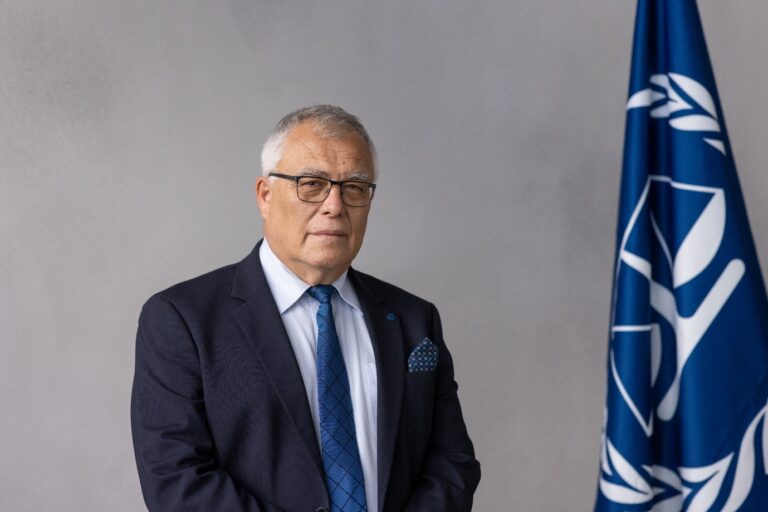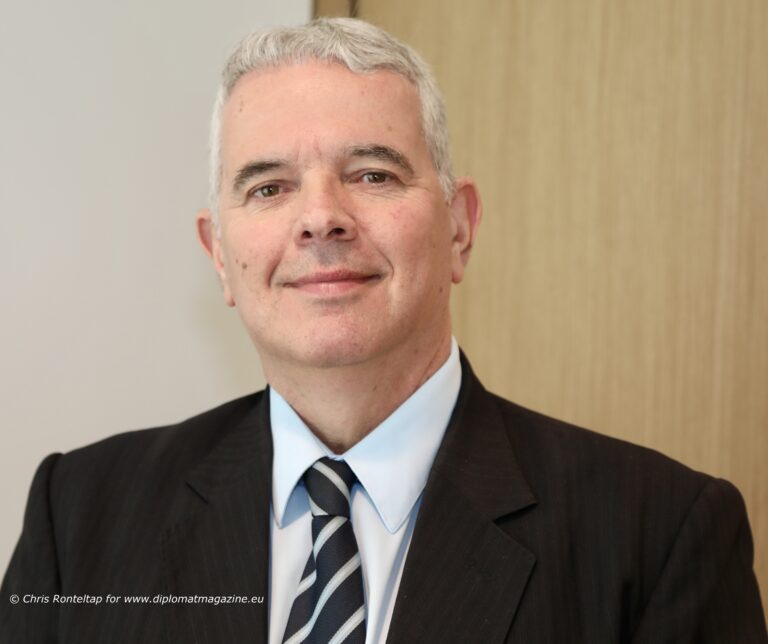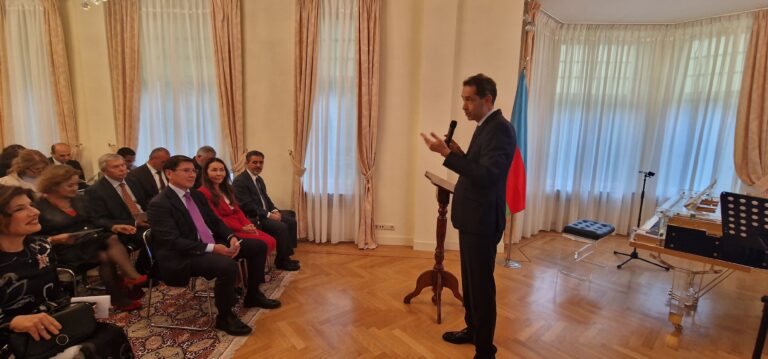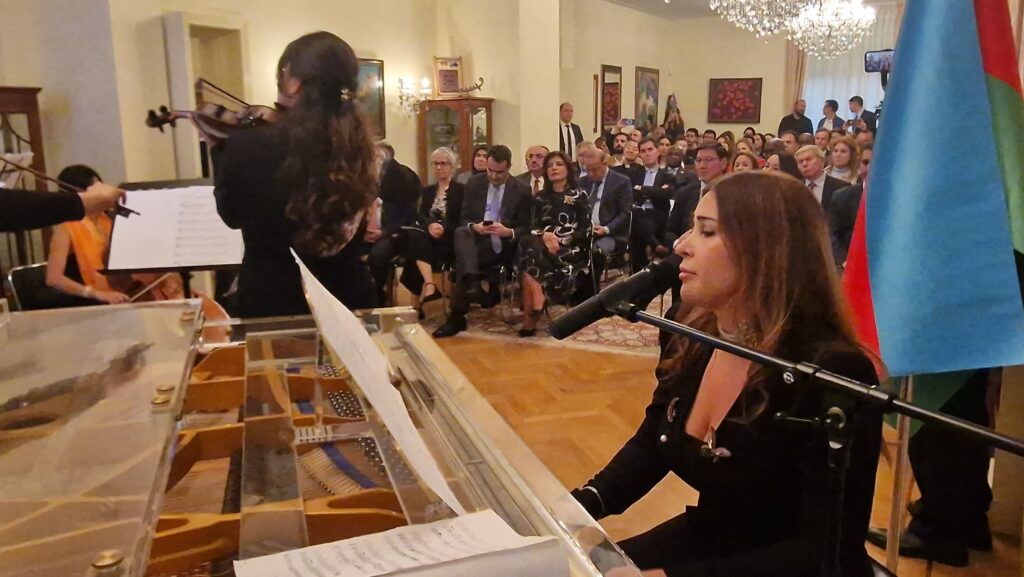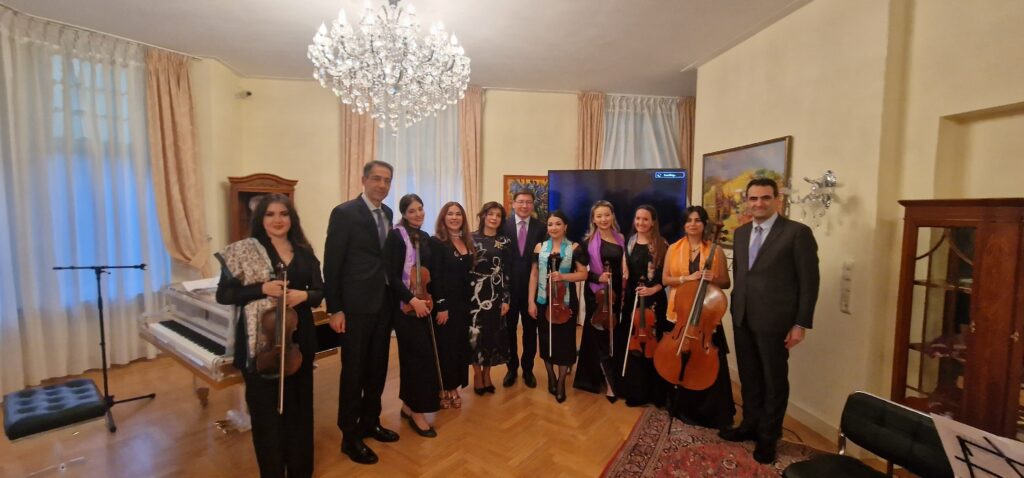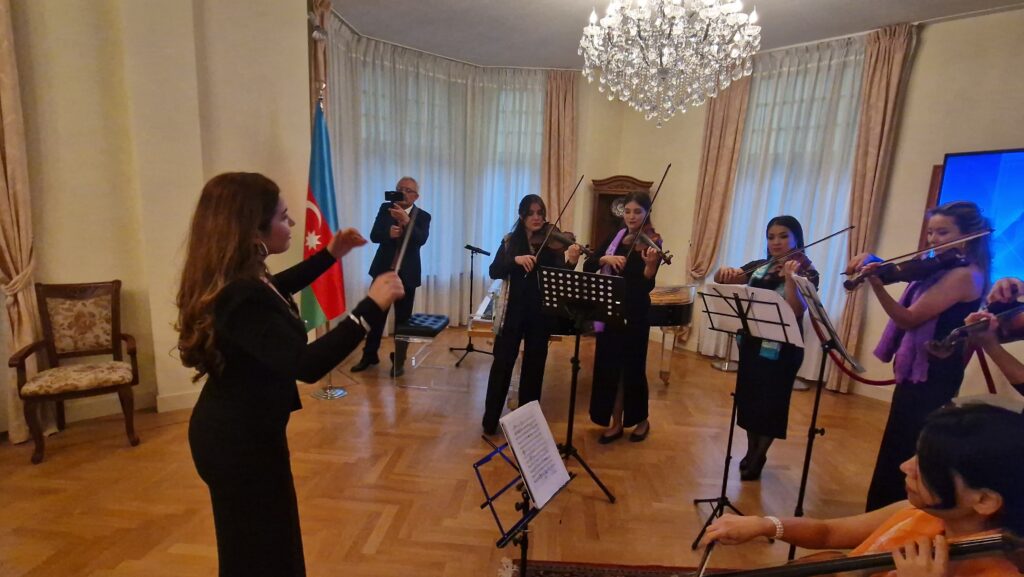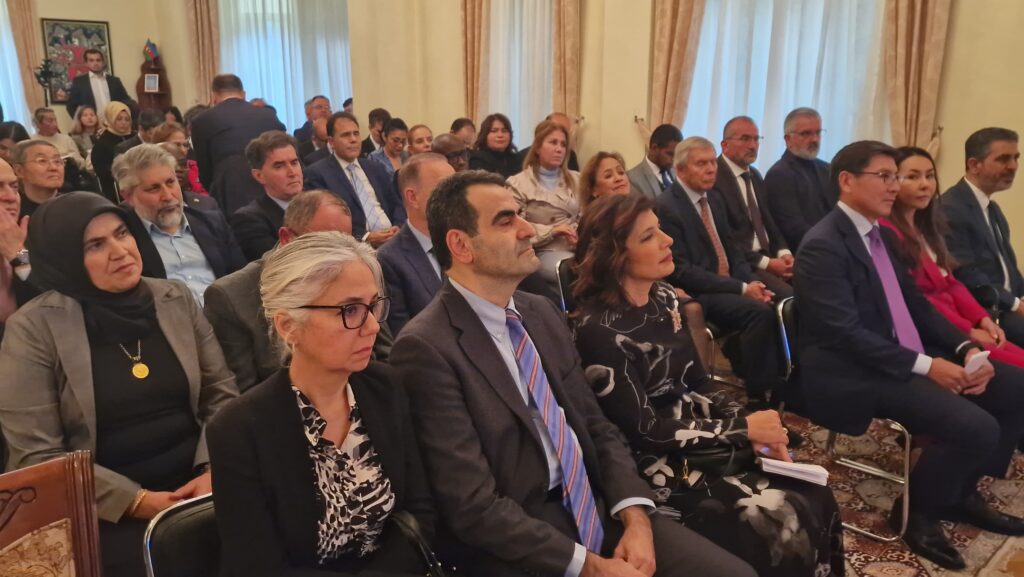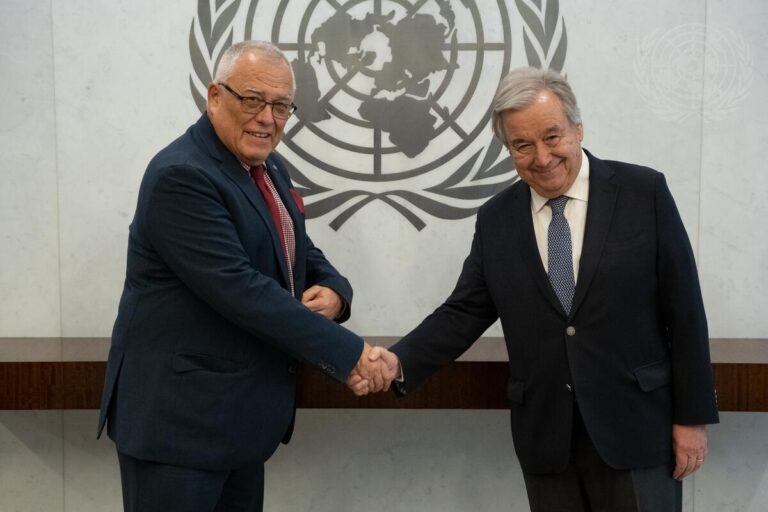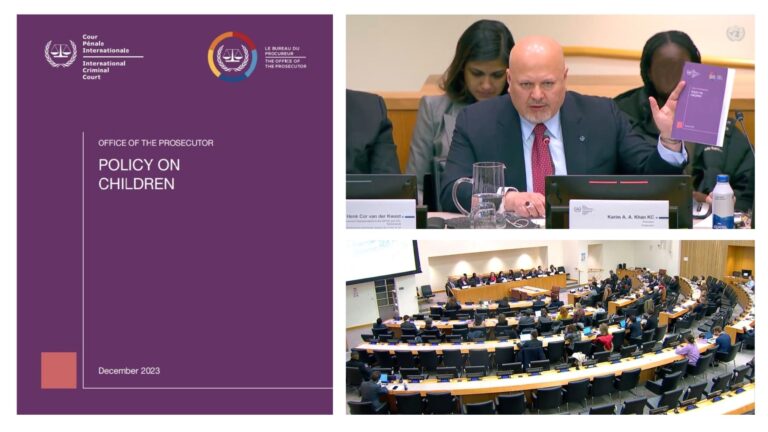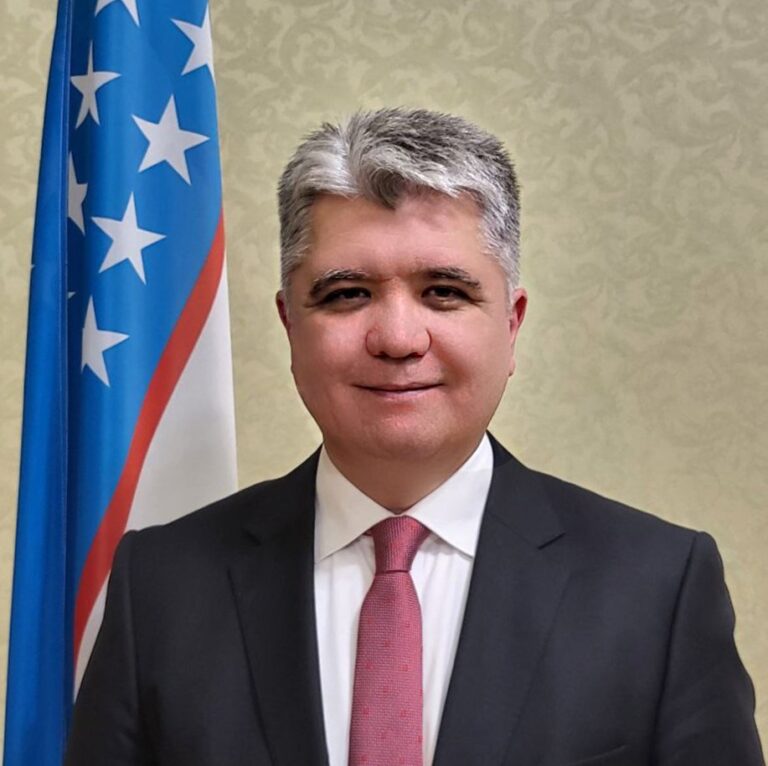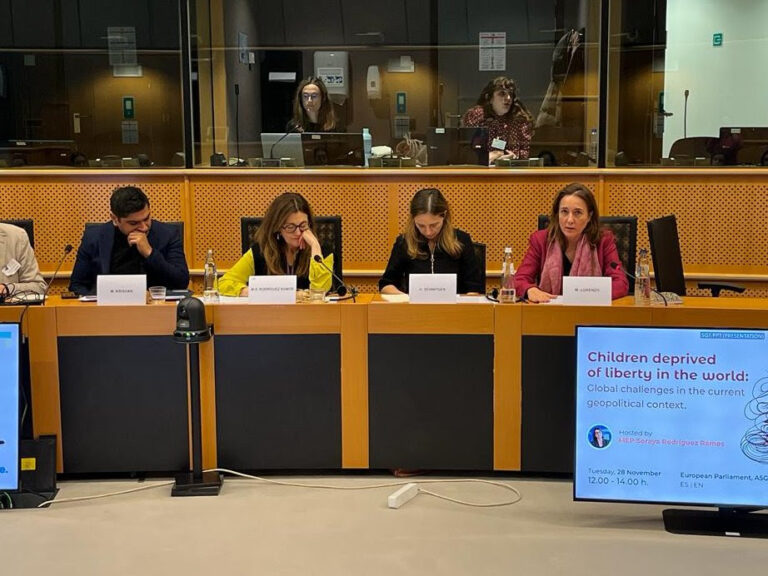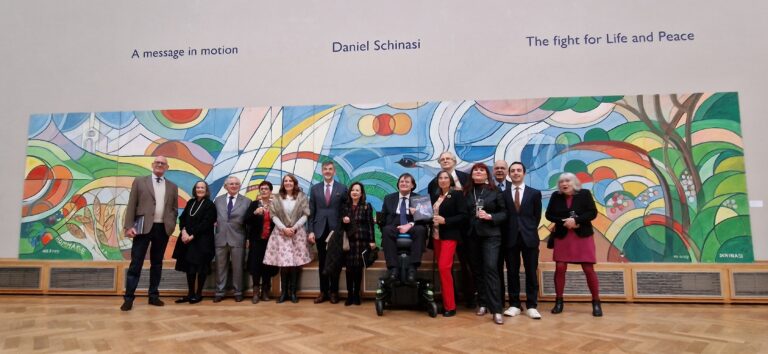European Times (04.12.2023) – In 2022, a total of 2,496 children, some as young as 8-years-old, were verified by the United Nations as detained for their actual or alleged association with armed groups, including groups designated as terrorists by the U.N. The highest numbers were recorded in Iraq, in the occupied West Bank, including East Jerusalem, and in the Syrian Arab Republic.
These figures were highlighted by Anne Schintgen at the European Parliament during a conference titled “Children Deprived of Liberty in World” organised on 28 November by MEP Soraya Rodriguez Ramos (Political Group Renew Europe). A number of high-level experts had been invited as panelists to speak about their respective areas of expertise:
Manfred Nowak, former UN Special Rapporteur on Torture and an independent expert that led the elaboration of a UN Global Study on Children Deprived of Liberty;
Benoit van Keirsbilck, a member of the UN Committee on the Rights of the Child;
Manu Krishan, Global Campus on Human Rights, researcher with expertise in children’s rights and best practices;
Anne Schintgen, Head of the European Liaison Office of the Special Representative of the UN Secretary General for Children and Armed Conflict;
Rasha Muhrez, Syria Response Director for Save the Children (online);
Marta Lorenzo, Director of the UNRWA Representative Office for Europe (United Nations Relief and Works Agency for Palestine Refugees in the Near East).
UN Report on Children in Armed Conflict
Manfred Nowak, former UN Special Rapporteur on Torture and an independent expert that led the elaboration of a UN Global Study on Children Deprived of Liberty, was invited to the conference at the European Parliament and stressed that 7.2 million children are in various ways deprived of freedom in the world.
He referred in particular to the report of the UN Secretary General about children in armed conflict addressed to the 77th Session of the UN General Assembly Security Council (A/77/895-S/2023/363) on 5 June 2023, which was saying:
“In 2022, children continued to be disproportionately affected by armed conflict, and the number of children verified as affected by grave violations increased compared with 2021. The United Nations verified 27,180 grave violations, of which 24,300 were committed in 2022 and 2,880 were committed earlier but verified only in 2022. Violations affected 18,890 children (13,469 boys, 4,638 girls, 783 sex unknown) in 24 situations and one regional monitoring arrangement. The highest numbers of violations were the killing (2,985) and maiming (5,655) of 8,631 children, followed by the recruitment and use of 7,622 children and the abduction of 3,985 children. Children were detained for actual or alleged association with armed groups (2,496), including those designated as terrorist groups by the United Nations, or for national security reasons.”
The mandate of the UN Special Representative for Children in Armed Conflict
The Special Representative who is currently Virginia Gamba serves as the leading UN advocate for the protection and well-being of children affected by armed conflict.
The mandate was created by the General Assembly (Resolution A/RES/51/77) following the publication, in 1996, of a report by Graça Machel titled the “Impact of Armed Conflict on Children”. Her report highlighted the disproportionate impact of war on children and identified them as the primary victims of armed conflict.
The role of the Special Representative for Children and Armed Conflict is to strengthen the protection of children affected by armed conflict, raise awareness, promote the collection of information about the plight of children affected by war and foster international cooperation to improve their protection.
Detention of children in Iraq, DR Congo, Libya, Myanmar Somalia
Six grave violations affecting children in times of conflict were highlighted by Anne Schintgen, a member of the conference panel: recruitment and use of children for combating, killing and maiming children, sexual violence, attacks on schools and hospitals, abduction and denial of humanitarian access.
Additionally, the UN is monitoring the detention of children for their actual or alleged association with armed groups.
In this regard, she named a number of countries of particular concern:
In Iraq in December 2022, 936 children remained in detention on national security-related charges, including for their actual or alleged association with armed groups, primarily Da’esh.
In the Democratic Republic of the Congo, the UN verified in 2022 the detention of 97 boys and 20 girls, between the ages of 9 and 17, for their alleged association with armed groups. All children have been released.
In Libya, the UN received reports of the detention of some 64 children, with their mothers, of several nationalities, for their mothers’ alleged association with Da’esh,
In Myanmar, 129 boys and girls were detained by the national armed forces.
In Somalia, a total of 176 boys, of which 104 were released and 1 was killed, were detained in 2022 for their alleged association with armed groups.
Children should be primarily considered as victims of violations or abuses of their rights rather than as perpetrators and a security threat, Anne Schintgen said, stressing that the detention of children for their alleged association with armed groups is an issue in 80% of the countries covered by the UN Children and Armed Conflict mechanism.
Deportation of Ukrainian children by Russia
During the debate following the presentations of the panelists, the issue of the deportation of Ukrainian children by Russia from the Occupied Territories was raised. Both Manfred Nowak and Benoit Van Keirsblick, a member of the UN Committee on the Rights of the Child invited as a panelist, expressed their deep concerns about this situation.
In a report titled “Ukrainian Children in Search of Way Home from Russia” published in three languages (English, Russian and Ukrainian) on 25 August 2023, Human Rights Without Frontiers stressed that the Ukrainian authorities had a nominative list of about 20,000 children deported by and to Russia who are now being russified and educated in an anti-Ukrainian mindset. However, many more have been taken away from the territories occupied by Russia.
As a reminder, on 17 March 2023, the Pre-Trial Chamber of the International Criminal Court in The Hague issued arrest warrants for Russian President Vladimir Putin and Russia’s Commissioner for Children’s Rights Maria Lvova-Belova on their responsibility in the deportation of Ukrainian children.
A call for the EU
The experts invited to the conference encouraged the European Union to ensure that the topic of conflict affected children is systematically integrated and advanced in its wide range of external actions.
They also urged the EU to include the issue of the detention of children for their alleged association with armed groups in its Guidelines on Children and Armed Conflict that are currently being revised.

